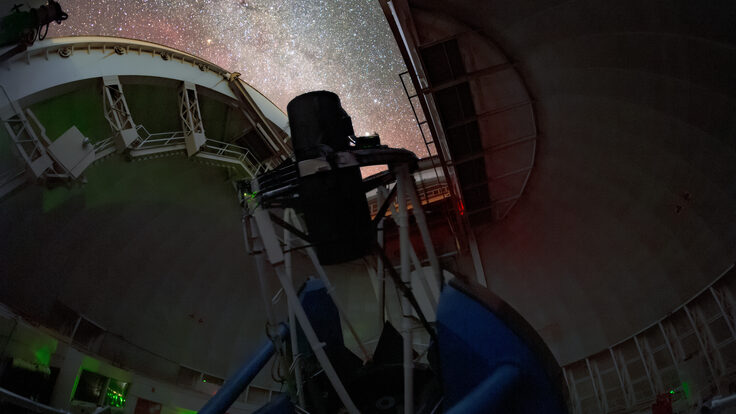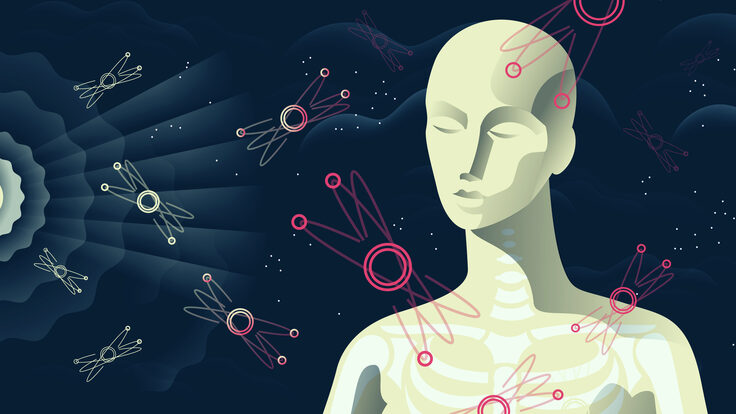Ellen Weaver made her first scientific discovery at the height of World War II. She made lead and aluminum "sandwiches" that blocked radiation from uranium fission, projects that led to the construction of the atomic bomb. For some women, such as Weaver, the war had opened up a window of opportunity in the sciences.
Speaking in February at the American Association for the Advancement of Sciences meeting in Chicago, Weaver recalled her own inspired start as a scientist in the midst of war, followed by her struggles for equality in the war's aftermath. Addressing an audience including many women scientists and science teachers, Weaver praised the fact that women today are represented in unprecedented levels in science. She encouraged women to push for even further advancements in fields where they still struggle for equality.
"There's no question that the situation is better for women today, but there still seems to be a dearth of women in science policy positions," said Weaver, in a phone interview following the conference.
Back in 1944, Weaver complained about unequal pay for the handful of women working as chemists at the Manhattan Project facility in Oak Ridge, Tennessee. She noted that women scientists are still paid less than their male counterparts. According to the Association for Women in Science, women in the science, technology, engineering, and mathematical professions are paid less than men, even as their representation in those fields increased by 7 percent, to 26.1 percent, between 1983 and 2003.
Even though the Army denied Weaver's request for equal pay, she excelled quickly in her job as an analytical chemist, by proving her capabilities in making radiation-blocking sandwiches.
That was Weaver's first job out of college. Even though she had a few women colleagues, there was very little camaraderie among them, she said.
"We viewed each other with a bit of hauteur," Weaver said. "I think it was a subconscious thing. I don't think I had any desire except to be a woman in a man's place,"
It wasn't until after the war, when Weaver went on to graduate school in genetics and meet the only other woman graduate student in biochemistry at Berkeley, that Weaver had her "eureka moment." She realized that women need to work with each other to end discrimination. After that point, she started to rely on the support of other women to maneuver her way in a man's world.
"The Fifties were a terrible time for women," she said. "My thesis advisor told me, ‘No woman had ever amounted to anything in genetics at Berkeley."
Because of her, younger women did not face that same hurdle.
Weaver completed her PhD in genetics at Berkeley, and eventually became a genetics professor at San Jose State University.
She wrote the foreword to the book Their Day in the Sun: Women of the Manhattan Project (Temple University Press, 1999), which recounts women's participation in the Manhattan Project.
By Kristine Crane






